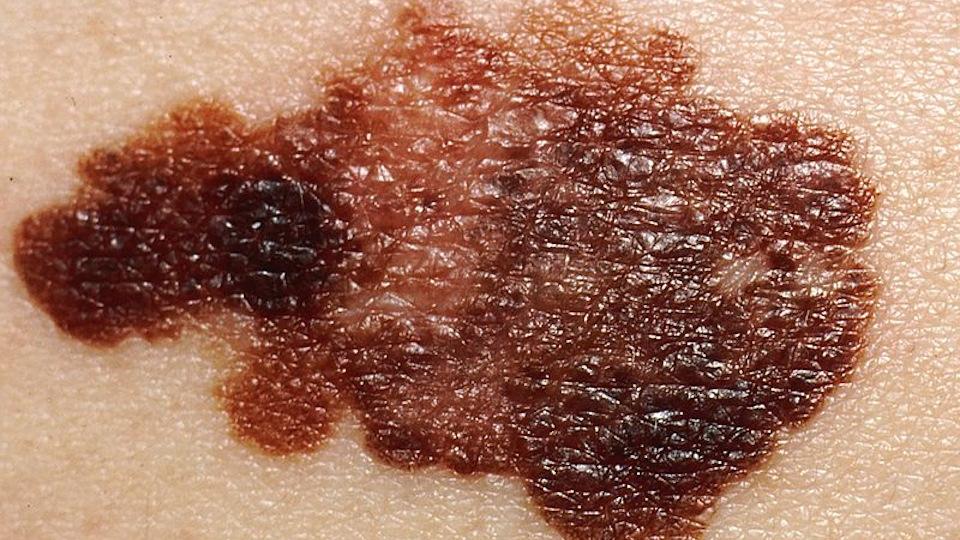Scancell points to 'strong' melanoma vaccine data

UK biotech Scancell has reported data from a phase 2 trial of its off-the-shelf DNA plasmid vaccine for melanoma that it says backs a swift move to a larger, registrational study.
The SCOPE trial of SCIB1 and Scancell's next-generation candidate iSCIB1+ show "excellent results encompassing efficacy, durability, immune responses, and safety" when added to standard checkpoint inhibitor therapy for advanced melanoma untreatable with surgery, according to the company.
The results also support the selection of iSCIB1+ for a planned phase 2b/3 trial and a biomarker strategy for selecting patients most likely to respond to the immunotherapy, said Scancell, although, with cash reserves starting to get thin, the company may have to raise funding or find a partner to take the programme forward.
According to its latest financial update in January, Scancell had a cash position of £9.1 million ($12.3 million) at the end of October last year, when it posted an operating loss for the prior six months of £10.5 million. In December, it raised another £10 million or so, which it said would fund operations through the first half of next year.
SCOPE is testing administration of intramuscular SCIB1 and intradermal iSCIB1+, which codes for various melanoma antigens from gp100 and TRP-2 proteins identified from T-cells of patients who achieved spontaneous recovery from melanoma skin cancer.
This marks the first presentation of data on iSCIB1+, which should be suitable for use in a broader melanoma patient population, be more potent, and has a longer patent life.
The results revealed today show that the overall response rate (ORR) with iSCIB1+ was 69%, which Scancell said greatly exceeds the roughly 50% ORR that would be seen with standard care based on Bristol Myers Squibb's Opdivo (nivolumab) and Yervoy (ipilimumab), without adding significantly to the side-effect burden of treatment.
The disease control rate was 88% and nearly 18% of patients had a complete response to the immunotherapy. 12-month progression-free survival (PFS) also compared favourably to the checkpoint inhibitors given alone, with a 20% improvement.
Lead SCOPE investigator Dr Heather Shaw of University College London Hospital said the data shows "extremely exciting early signals" that "highlight the real potential for a significant clinical benefit for patients with advanced melanoma, where there is an unmet need."
According to Scancell's chief executive, Dr Phil L'Huillier, the Opdivo/Yervoy combination is the best background regimen for iSCIB1+ because it has a market share of around 65% to 70% in the US for metastatic melanoma treatment.
Armed with the new data, the Oxford-based company – which is due to hold an investor presentation later today – is accelerating its plans for the phase 2b/3 trial, as well as a second study in earlier lines of treatment.
"As the progression-free survival and overall survival data matures, expediting the planned registrational randomised controlled trial will be critical," said Shaw.
"This study will have the potential to redefine current treatment paradigms for a disease that remains challenging for many patients."











